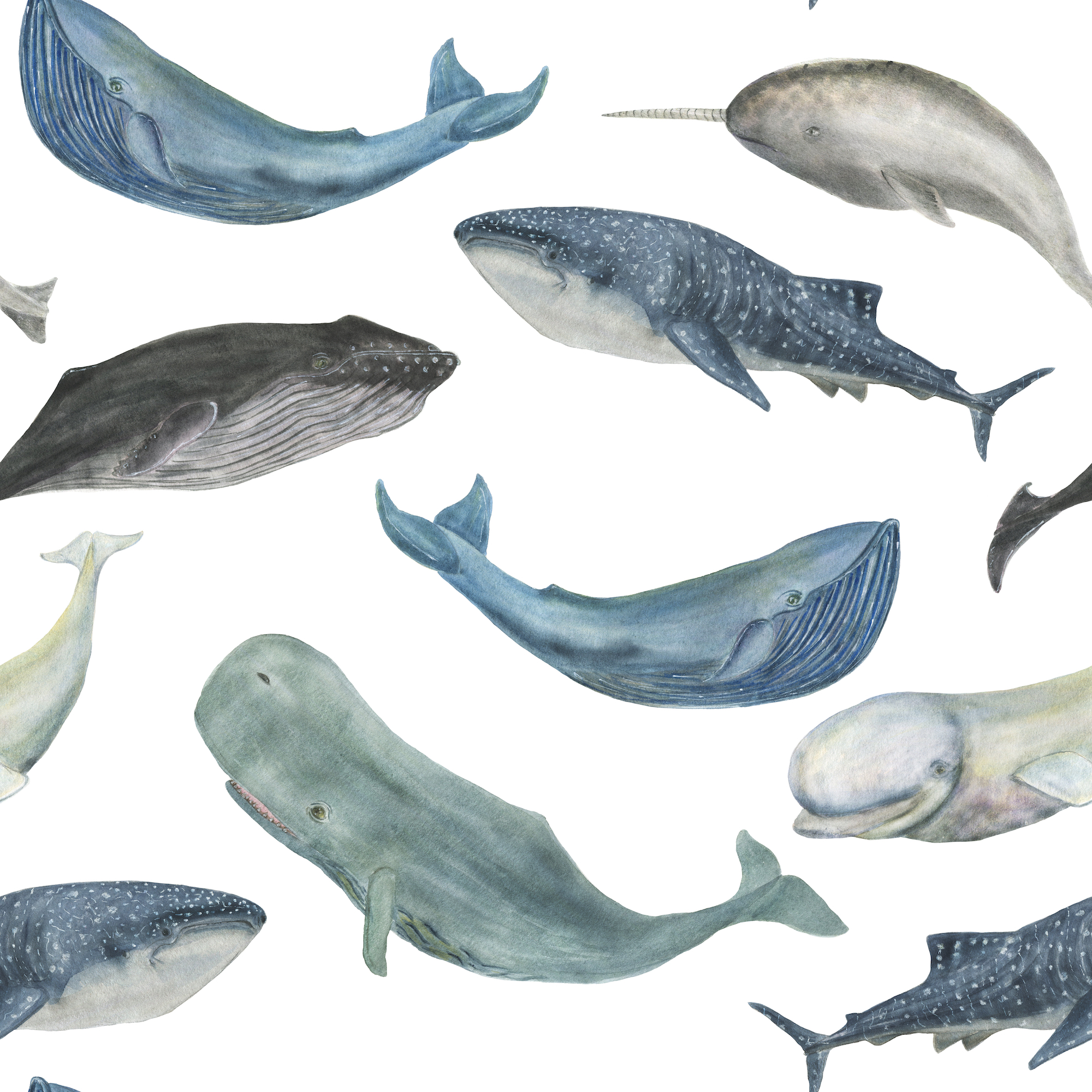Latin America will have a key role in the next meeting of the International Whaling Commission (IWC) that will meet from 11 to 18 September in Portoroz, Slovenia.
Among the proposals to be submitted by members of the Commission, the ones lead by Latin American countries (known as Buenos Aires Group) will seek to provide greater protection for whales in the southern hemisphere, improve civil society participation at the IWC and update the work of its Scientific Committee.
Protecting the Southern Hemisphere from Whaling Harpoons
Brazil, Argentina, Uruguay and South Africa – supported by the Buenos Aires Group – will present a proposal for the creation of the South Atlantic whale sanctuary. Its adoption would ensure the protection of 54 cetacean species, including seven species of large whales that migrate from their breeding areas further north to the Antarctic in austral summer to feed.
The proposal requires the support of at least 75 percent of the members of the Commission, which has not been adopted in more than a decade due to the constant blockade of whaling countries, which in 2011 even sabotaged the voting process of the proposal to prevent its imminent adoption by the IWC.
For José Truda Palazzo, former Brazilian commissioner to the IWC and director of the Institute Augusto Carneiro of that same country “it is time that the IWC stops being an anachronistic organization – dominated by Japanese whaling interests and a minority of allies – and recognize the sovereign right of countries to protect whales as well as the values of their non-lethal use. The proposed sanctuary is a big step in that direction and reinforces the vision of a free whaling Southern Hemisphere after decades of illegal whaling imposed in the region by Japan.”
Meanwhile, Roxana Schteinbarg, executive coordinator of the Whale Conservation Institute of Argentina “from a management point of view the sanctuary will extend the protection granted by the Southern Ocean whale sanctuary, covering the entire migratory range for a broad range of cetacean species. Despite the recent ruling of the International Court of Justice, Japan wants to continue killing whales under the farce of “scientific” whaling solely to resume commercial whaling in the Southern Hemisphere, including the Southern Ocean Sanctuary, so it is fundamental that all sanctuaries are fully respected.”
Improving Citizen Participation and Governance IWC
In line with the policy of public participation promoted by the Buenos Aires Group, Chile will lead in Slovenia a proposal to improve the mechanisms for civil society participation in the IWC.
Since 2006, the importance of the participation of civil society organizations as accredited observers in the IWC meetings has been a priority for the Buenos Aires Group, as reflected in multiple joint statements that recognize the importance of the work done by the nongovernmental organizations (NGOs) and highlight the need to expand their participation in the proceedings of the Commission.
In this context, the proposal includes increasing the time of oral interventions of NGOs, which currently represents less than two percent of the total time of the meeting, allow the submission of official ‘for information’ documents and allow observers in all subsidiary bodies of the Commission.
For Elsa Cabrera, executive director of the Cetacean Conservation Center (CCC) in Chile “the proposal represents both the view of the Buenos Aires Group’s as well as a majority of members of the Commission, which for years have worked to modernize the outdated mechanisms for civil society participation in the IWC, and have repeatedly stated in the plenary sessions the importance that greater involvement of NGOs is fundamental to improve the governance of the IWC.”
Improving the Conservation of All Cetacean Species
Chile will also promote a motion to update of the work of the Scientific Committee, the main subsidiary body of the IWC. Among others, the proposal seeks to strengthen the work of the committee in relation to small cetaceans, improve the implementation of conservation measures recommended by the Scientific Committee and balance the distribution of funds allocated to scientific research.
The proposal also reflects the interests and views expressed by the Buenos Aires Group in 2013, about the importance of building an agenda that reflects the evolution of the IWC in the 21st century, and in particular the urgent need to review its working methods and allocation of funds of the Scientific Committee.
Barbara Galletti, president of CCC and member of the IWC Scientific Committee emphasized that “although long-term conservation of many cetacean populations is critical and the Committee has devoted efforts to the issue, the work conducted on conservation issues still received little funding – less than 9% of the budget in the last 30 years – compared to research fund allocated to whaling issues. This is a reality that must be urgently changed to enhance the effectiveness of the conservation measures recommended by the Scientific Committee.”
Latin America in the Front Line of Cetacean Conservation
The proposals led by the Latin American region in the next IWC meeting in Slovenia show the significant importance of cetaceans for Latin America and the Caribbean regions.
Despite the propaganda promoted by the Government of Japan that states that the protection of these marine mammals is based on emotional reasons, the fact is that since the adoption of the global moratorium on commercial whaling, Latin America has positioned itself as a major destination for whale watching tourism, generating billions of dollars annually that directly benefit the communities involved.
In this sense, Juan Carlos Cardenas, director of Ecoceanos Center in Chile, said “The Buenos Aires Group, along with regional NGOs will play a leading role in defending the future of whale populations in the Southern Hemisphere, by keeping the eyes of the world focused in the actions of pro-whaling countries and their allies in the next IWC, as well as promoting the creation of the South Atlantic Sanctuary, strengthening mechanisms for citizen participation and update on the work of its Scientific Committee.”
Source: Centro de Conservacion Cetacea




